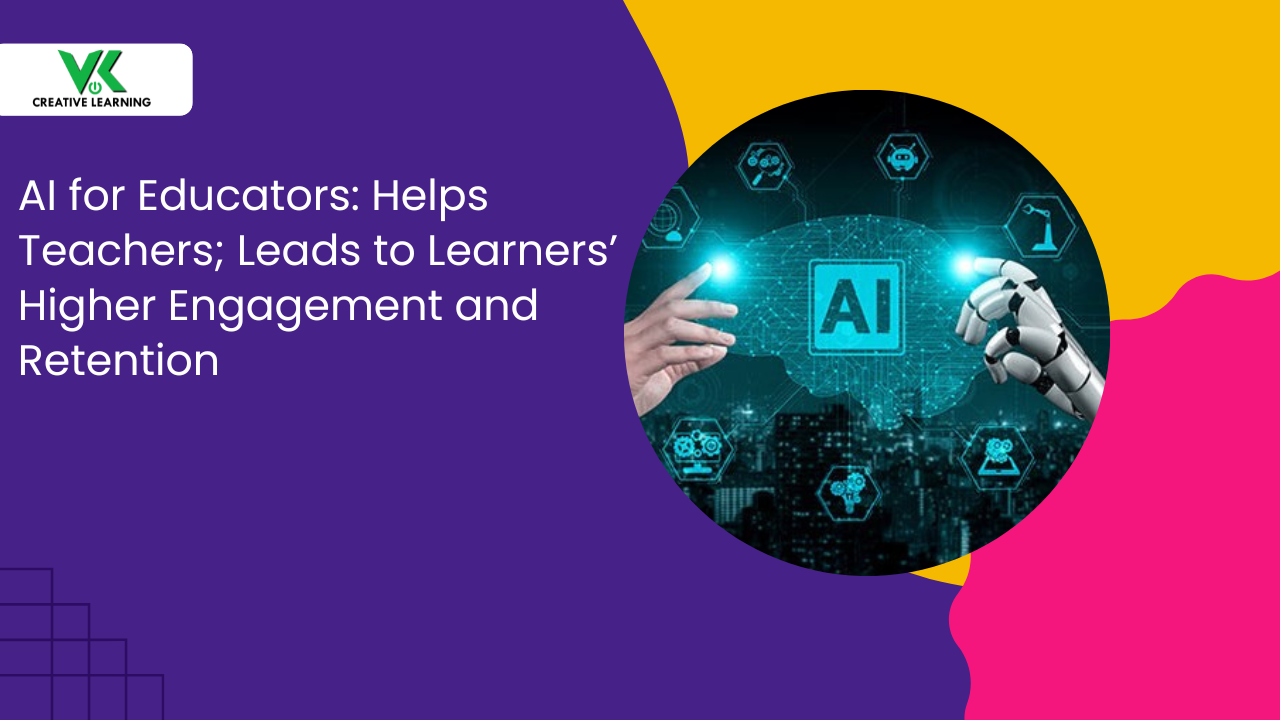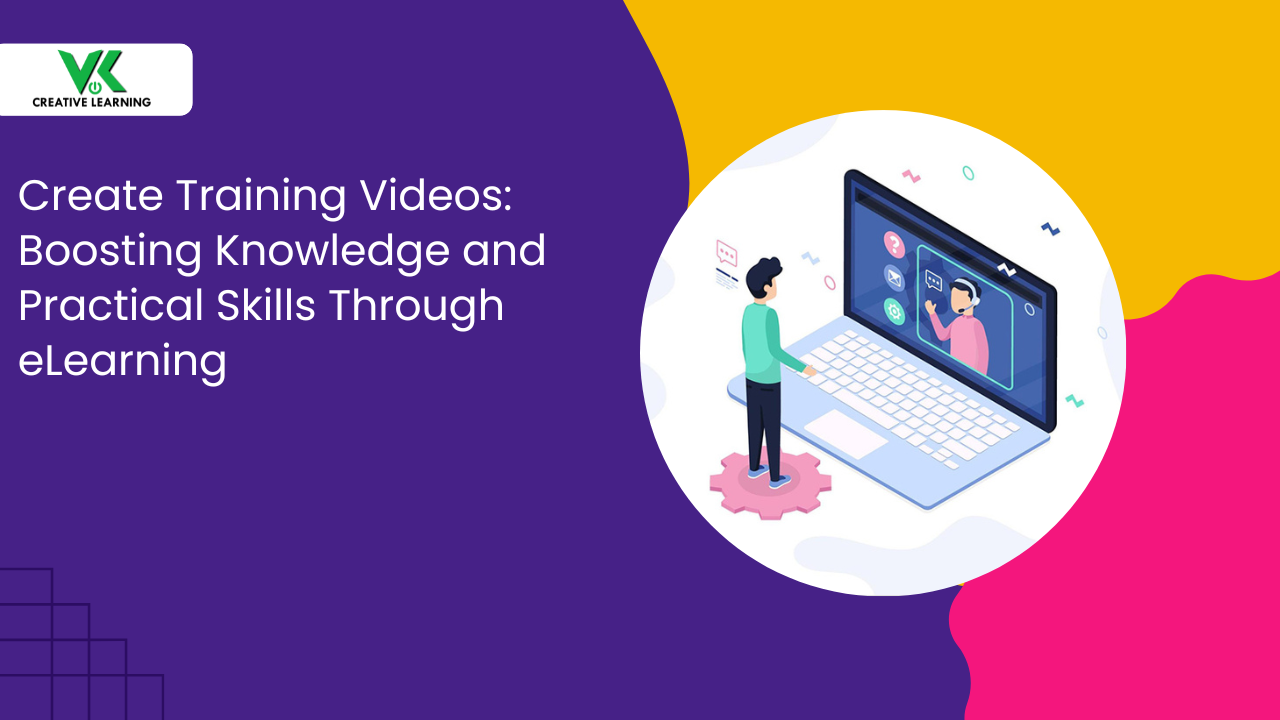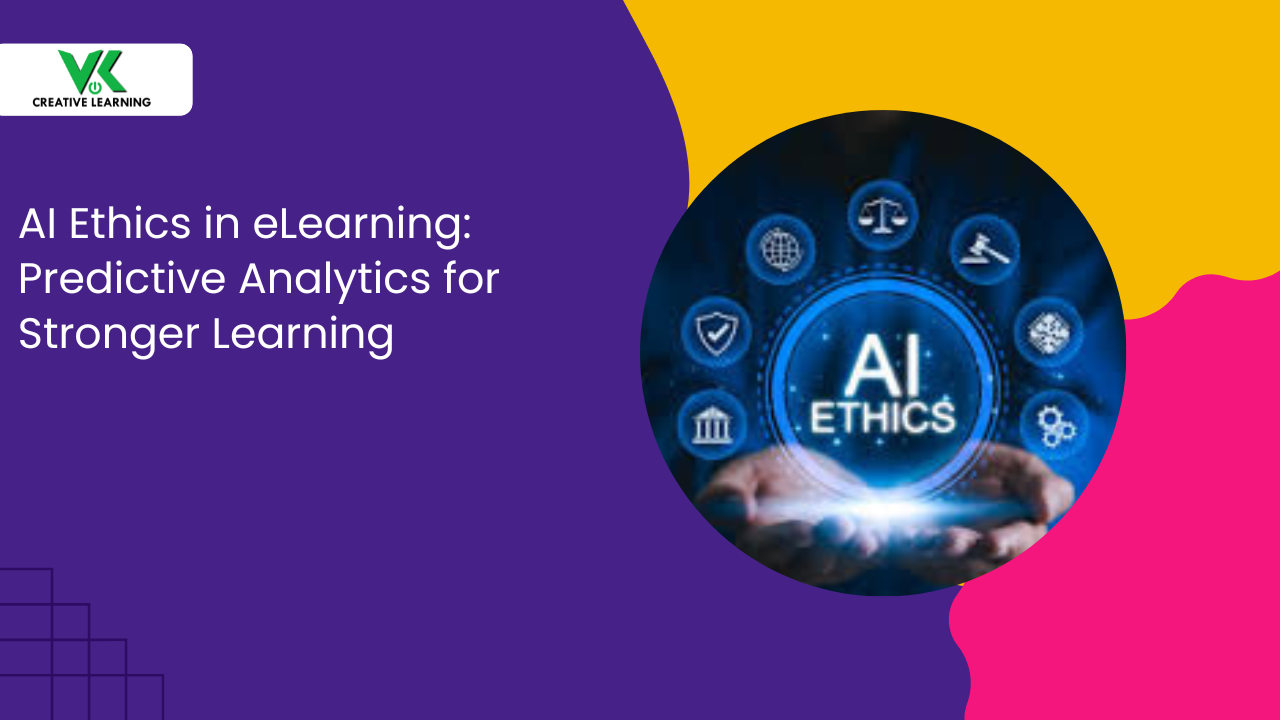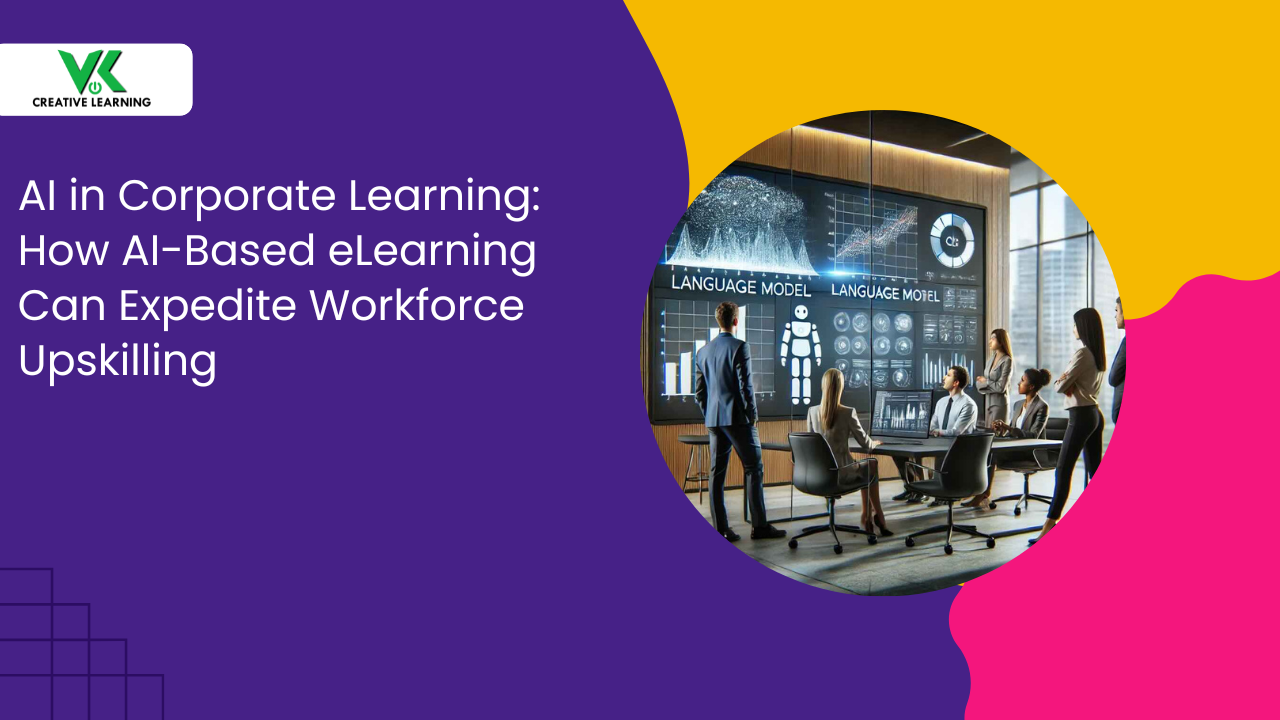Cracking the Code of EVs: E-Learning for Sustainable Auto Engineering
December 11, 2024
In the world of automobile engineering (which is fast-moving), changes are a part of the job, with challenges appearing as frequently as blinking lights do on a busy street! And guess what, Electric Vehicle (EVs) technology has turned into a new disruptor (stealthy); reason, they have completely changed the script of usual practices that happen in traditional engineering --- how marveling! This is the reason why e-learning automobile engineering has gained popularity nowadays; but before discussing the virtual learning system, let us look into other aspects of current training platforms.
Interestingly, not long ago, it was a common scene: all talk about combustion engines ruling the roads -- sounds familiar, right, but now, silently, electric motors have stolen the spotlight -- in fact, have turned into drivers of progress.
Not surprisingly, this type of sudden transformation from a conventional training system to a modern one puts pressure on automotive engineers in regards to getting familiarized with topics that are happening in the field. This includes advanced techs -- like the latest battery technologies emerging in the market, electric drivetrains (designs), and integration of varied renewable energies (types and the best fit) -- much like the explorers who try to discover something new in the sands of time.
Further to understand the above situation, let us take an example of the training on the intricate task of designing EV batteries. Elaborately put, the training on this shouldn't just hover around storing energy but also training the trainee engineers on their safety (taking care of explosion factor), longevity (regular breakdowns for no apparent reasons), and environmental impact (unnecessary emission of harmful gasses). Hence, training for newbies becomes a bit like doing on a tightrope walk -- the focus should lie on precision and delivering the knowledge for the employees to succeed!
This is where an e-learning automobile engineering course can be useful and we shall discuss it after discussing about the current scenario with training with evolving EV tech.
Table of Contents
The Struggles of Learning in a Rapidly Changing Industry
Automobile E-Learning Courseware: A Digital Compass for Automotive Engineers
Challenges in Training New Automobile Employees and E-Learning's Role
EV-Focused Learning Modules
Challenges in Training New Automobile Employees and E-Learning's Role
-
Challenge 1: Adapting to Rapid Technological Advancements
-
Challenge 2: Lack of Standardized Training
-
Challenge 3: High Costs of Physical Training
-
Challenge 4: Complexity of EV Systems
-
Challenge 5: Limited Hands-On Experience
-
Challenge 6: Employee Skill Gaps
The Struggles of Learning in a Rapidly Changing Industry
When it comes to traditional learning, getting adapted to swift changes in technologies cannot be considered as walk in the park. The major reason is that usual training programs often fail to catch up in terms of innovative pace (training being totally unsynced with the market demands); thus, leaving employees in the lurch over the new complex systems.
Picture it this way: you're an engineer (maybe a new engineer) who has been assigned the task of fixing a software bug in an EV -- yes, not an easy task for the beginner. Also, when it comes to an experienced employee armed only with knowledge of previous technologies, the scenario is the same.
So, the case is much more like trying to navigate an unknown area without having the proper knowledge, a guide, or even a map -- of course, the journey will be full of frustrating events and nerve-wracking too!
Another instance: engineers who have been in the field of automobiles but are not familiar with EV tech completely might be asked to diagnose issues in advanced areas of electric drivetrains. These may rely on dozens of interconnected sensors with engines -- making the task very difficult even for the experienced ones.
Thus, without proper training, their situation will be more: trying to decipher something complex in nature with limited information. But unfortunately, that is how things work with tight timelines and high pressure, and the stakes are enormous. These aspects are taken care of by e-learning automobile engineering training courses with an extra focus on details.
Automobile E-Learning Courseware: A Digital Compass for Automotive Engineers
Making a shift from physical classrooms to virtual ones can be easy with a virtual automobile e-learning courseware to deliver knowledge through smart digital tools (online platforms and resources). It breaks down logistical barriers like distance, schedules, and accessibility, making learning a breeze for engineers -- that too at any location. For example: suppose a new engineer is diagnosing motor issues remotely or fine-tuning energy systems, the e-learning algorithm can adapt to various scenarios more like a flexible guide.
EV-Focused Learning Modules
EV modules when integrated within the e-learning automobile-based courses, in particular, can stand out as they are crafted precisely to cover electric drivetrains (examples include hybrid setups, torque control, thermal management), energy optimization of the vehicle, and advanced diagnostics (maintenance).
Besides, by incorporating simulations and practical demonstrations within the automobile e-learning courseware, engineers not only learn but also get a chance to get a strong hold over real-world applications. And this enhances the problem-solving skills of automobile engineers and boosts workplace efficiency. Another instance would be: diagnosing battery when failures occur in the emulation training system -- that too without even lifting a screwdriver at virtual labs.
Challenges in Training New Automobile Employees and E-Learning's Role
Challenge 1: Adapting to Rapid Technological Advancements
The pace of change in automobile tech is fast changing with EV advancements with all kinds of developments in self-driving cars, charging hubs, and battery innovations and it's tough to keep in sync with these changes. This means training for the same can be difficult as the updation of the training materials has to be really fast.
In fact, the shift in the automotive technology arena outpaces many other sectors as the challenge lies in tracking EV innovations (autonomous features, fast chargers, sustainability).
Also, automotive technology is evolving swiftly as EV updates -- primarily because of renewable batteries, sleek designs, and advanced software flooding the market daily. This way the auto sector is way ahead with fast EV progress.
However, automobile e-learning courses allow constant updates (as when changes in technologies take place or a new one emerges), and hence, employees can access fresh content as when needed.
Challenge 2: Lack of Standardized Training
For global teams, many times maintaining training consistency can be tricky. The major reasons for the same are diverse languages (since people are located in different countries or areas), cultures (employees belonging to different geographical places may have their own culture), and work environments -- create confusion sometimes too from a training angle.
This is where e-learning automobile platforms can be useful as they can be used to offer standardized modules to all employees located in different parts of the globe -- and these learning materials are accessible worldwide.
For instance, e-learning automobile engineering courses can be used by employees in Europe as well as in Asia with a click of a few buttons.
Challenge 3: High Costs of Physical Training
It is common that when physical training setups are used, they can turn out to be a costly affair. Reasons: traveling expenses for trainers, printing of learning materials, logistics, and many more that make expenses spiral.
But with the use of digital learning resources, the case is not the same as it can eliminate these extra costs -- courtesy all the training sessions are carried out through custom e-learning solutions. The benefit is that employees -- be it in any part of the world, can attend the session and this reduces financial burdens on companies considerably -- how wonderful!
Challenge 4: Complexity of EV Systems
EVs always don't mean cars -- as the full form is electric vehicles; importantly, they’re sophisticated tech fitted inside the hubs on wheels! Thus, it goes without saying that understanding the systems within them is difficult for anyone new to EV technologies like regenerative braking or inverter circuits is tough.
But worry not as industrial e-learning platforms contain Interactive simulations that emulate all the processes involved in the designing aspect as well as the creation of engines that would help to simplify various EV concepts easily.
One of the best examples would be that learners can experiment in virtual labs for creating new engine designs and syncing them with existing technologies, and this will help to reduce errors significantly in real settings.
Challenge 5: Limited Hands-On Experience
It goes without saying that without adequate hands-on exposure, learners possessing only theoretical knowledge often may find it difficult to deal with everyday tasks in the workplace. This is where again e-learning automobile engineering courses can help to bridge the existing gap by providing extra hands-on knowledge through mediums such as simulations, virtual reality (VR) e-learning, and Augmented Reality virtual courseware.
This way engineers (especially new ones) can practice assembling different types of EV components on these virtual platforms before actually working on them physically -- sounds interesting and reliable, isn't it?
Challenge 6: Employee Skill Gaps
Many times, it is a common occurrence that fresh recruits may not have the necessary skills to work in advanced EV roles. Plus, sometimes, owing to pressure scenarios, classroom sessions might rush through critical topics.
However, when it comes to e-learning automobile courses, they are designed to ensure pace-adjustable modules, and the best part is that employees can revisit topics until they grasp them.
Conclusion
With new technologies emerging at a fast rate, it has become mandatory for automobile firms to keep their employees in sync with these evolving EV technologies.
For the same, as discussed above, e-learning automobile courses can be a reliable option from a well-renowned and experienced company such as VK Creative Learning.




